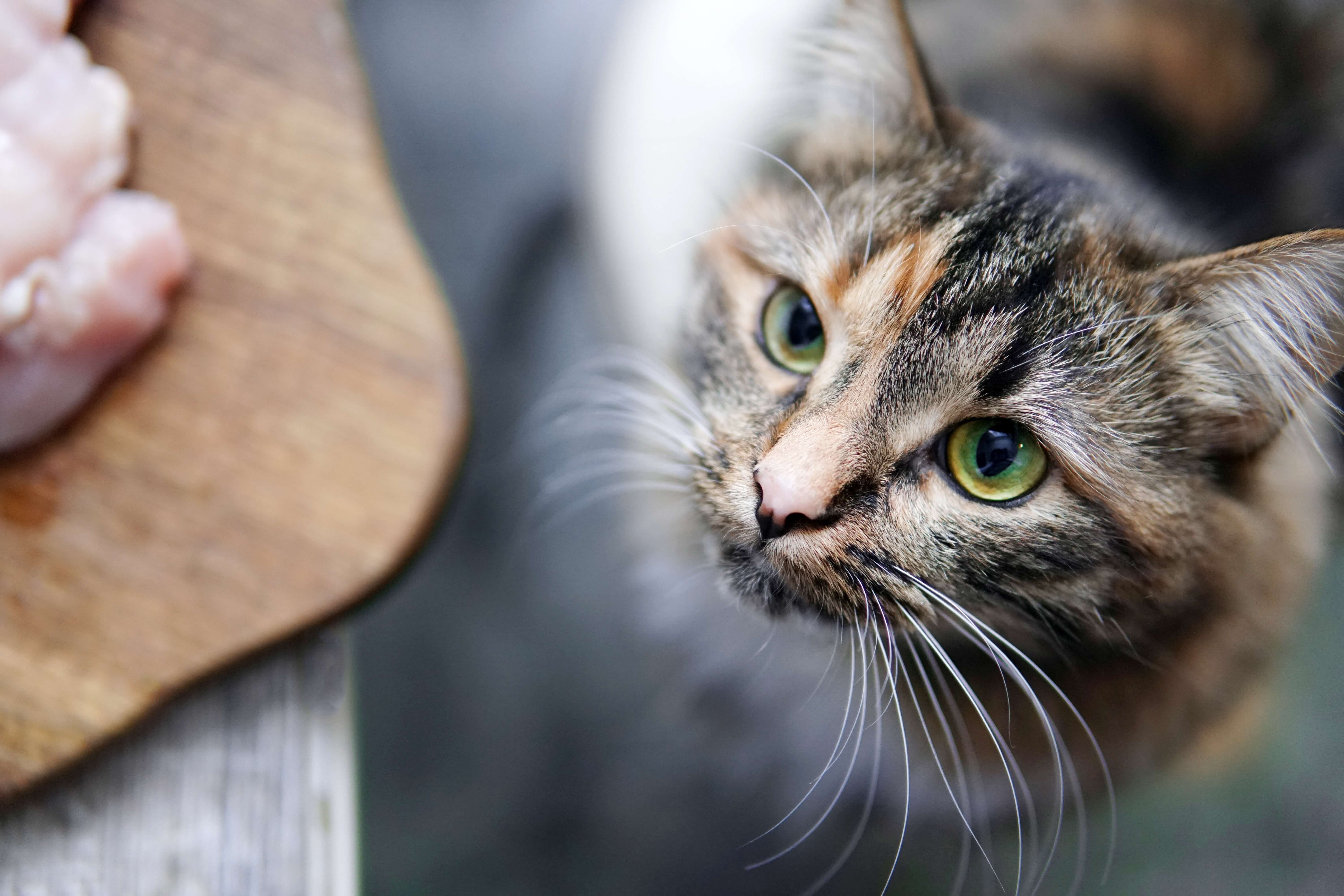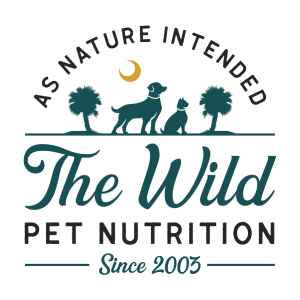The Importance of Protein for Pets

Is protein healthy or harmful for my cat or dog?
- Healthy! Our cats and dogs are carnivores and protein is essential to their diet. But not just any protein! Carnivores require high quality animal-based meat proteins for their bodies to function properly and thrive.
I have a large breed puppy. Shouldn’t I be concerned about protein intake?
- Protein does not determine the growth rates of any size dog, large breed or otherwise. Their size and growth rates are determined by genetics. Feeding high levels of animal protein along with the appropriate ratio of the minerals calcium and phosphorous (a ratio of 1:1 to 1.8:1), is the key to healthy bones and rates of growth.
What about puppies/kittens and senior dogs/cats?
- The need for proteins, also known as “the building blocks of life,” does not change at any age or life stage. These should be high quality, digestible, biologically available proteins that their bodies can actually use. That is why we recommend feeding fresh meat that your pet’s body knows how to digest and absorb. Alternative sources of proteins that are found in many commercial pet foods, such as those derived from corn, soy, legumes, beaks, feathers and hides, do not provide the essential amino acids your pet requires.
How can I tell whether my pet’s food has enough and the right kind of protein?
- Read labels. Meat should be the first and primary ingredient in your pet’s food. Steer clear of foods that supplement their crude protein percentage with proteins that are unusable to your pet’s body, such as corn, gluten, and soy. Better yet, feed a fresh food or raw food diet which contains the species-appropriate ingredients and nutrients your pet needs, such as Steve’s Real Raw Food, K9 Kravings, Answers, Primal, Tucker’s or Stella & Chewy’s Raw Diet.
My pet has a kidney condition. Isn’t protein hard on the kidneys?
- A study* done in 1994 by Dr. Delmar Finco showed that protein is NOT the enemy of kidneys. Rather, animals with compromised kidneys can suffer further harm by drastically reducing protein intake. Limiting phosphorous has shown to be the correct route for responding to kidney issues, but it is important to continue feeding high quality meat-based protein which your pet still requires. *https://www.ncbi.nlm.nih.gov/pubmed/9582959


